
- Article
- Article
How tuberculosis became a test case for eugenic theory
A 19th-century collaboration that failed to prove how facial features could indicate the diseases people were most likely to suffer from became a significant stepping stone in the new ‘science’ of eugenics.
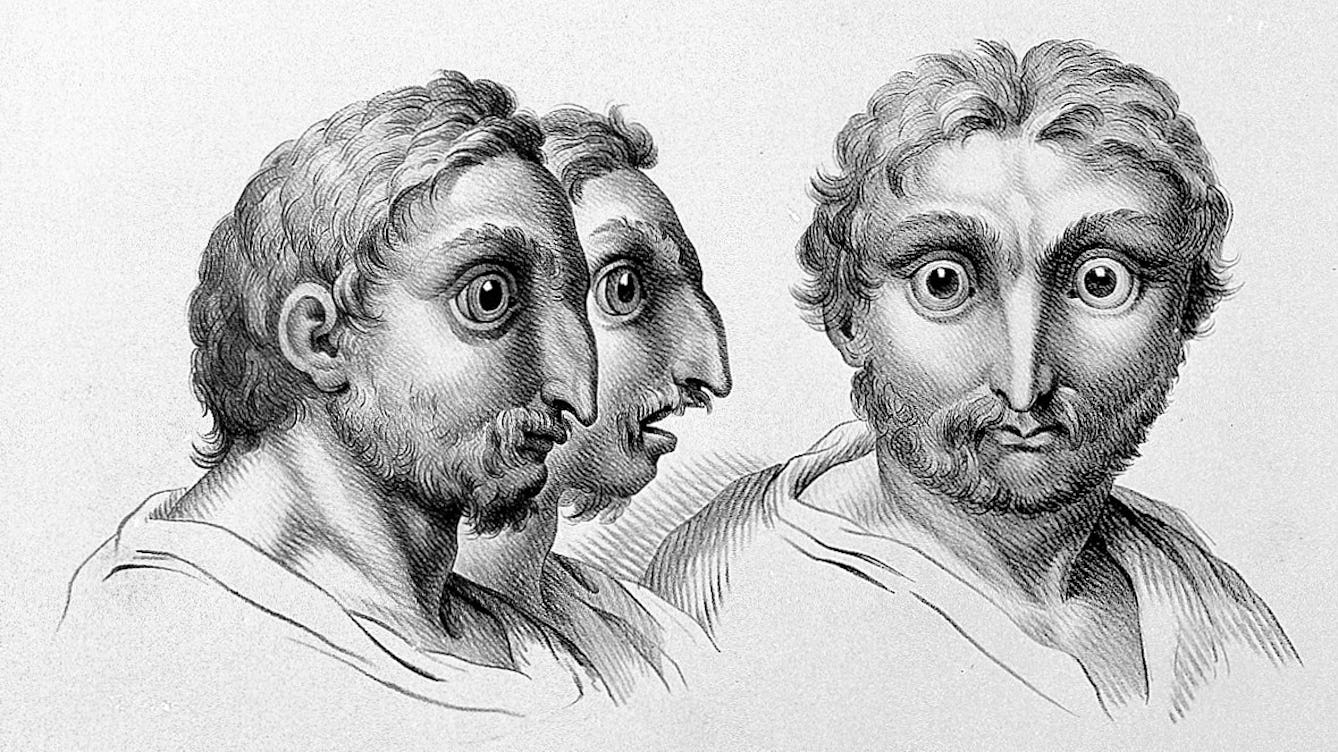
- Article
- Article
Drawing the human animal
We might try to deny our animal instincts, but this series of extraordinary 17th-century drawings suggests they are only too apparent.

- Article
- Article
Are doctors medical detectives?
Do doctors really identify medical conditions in the same way that detectives solve crimes? Neurologist Jules Montague makes her diagnosis.
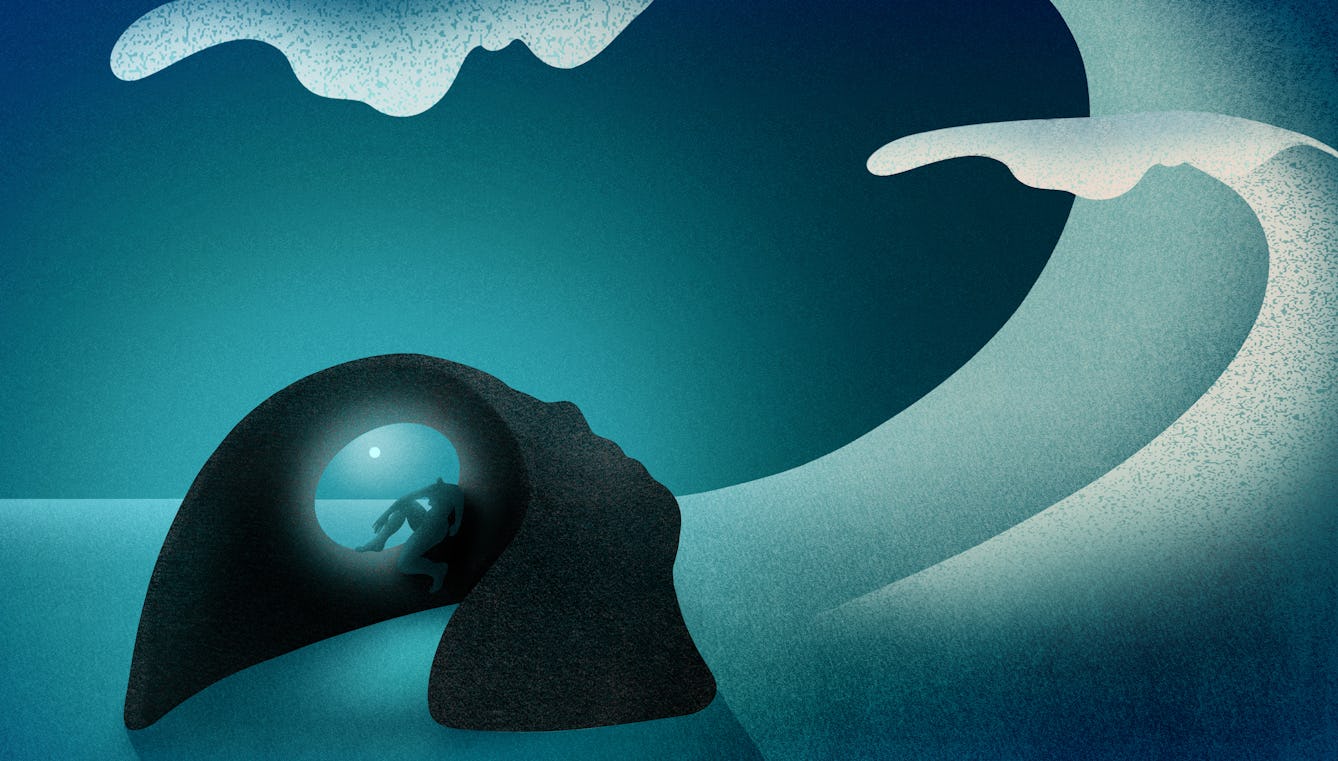
- Article
- Article
Autism assessments and me
When, as an adult, Mayanne Soret decided to get a formal diagnosis of her autism, she found that the series of assessments had a dishearteningly negative focus, seeming to frame her as a problem.
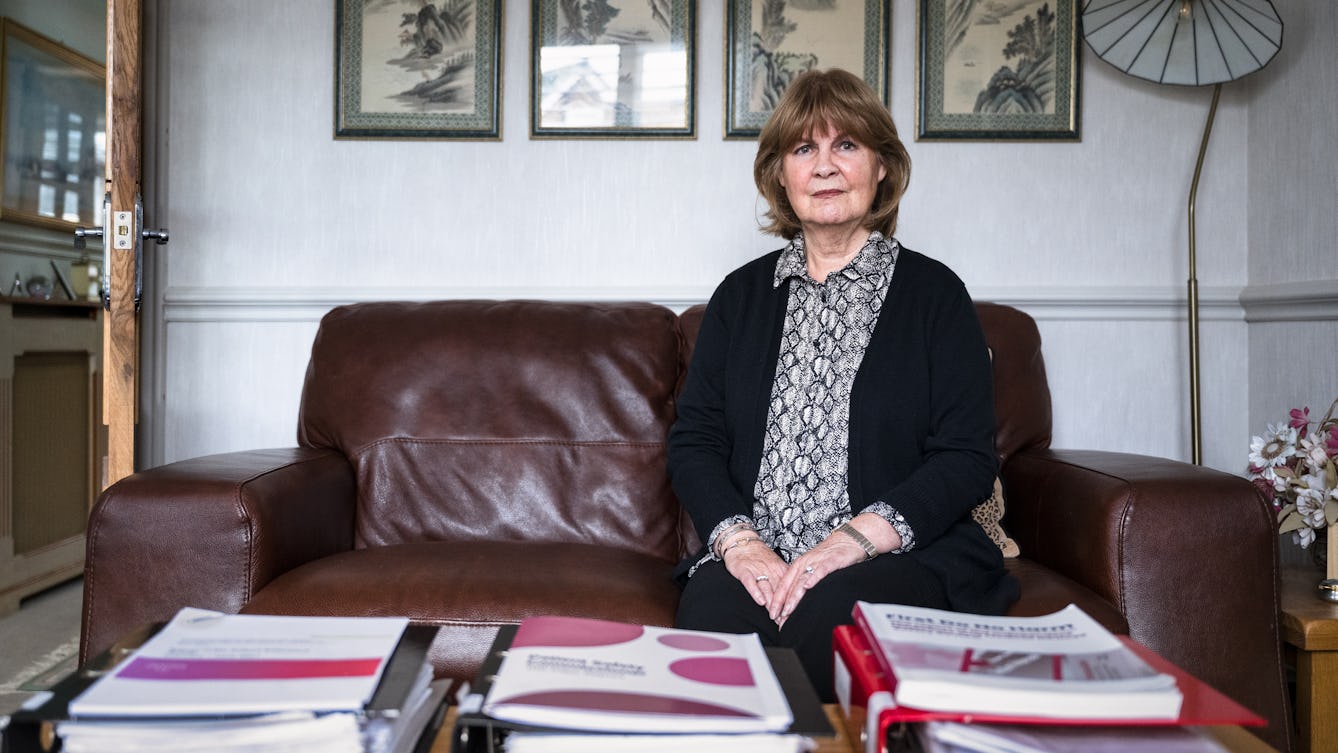
- Long read
- Long read
Primodos, paternalism and the fight to be heard
Journalist Florence Wildblood examines the case of Primodos – a conveniently quick but risky hormone pregnancy test that was prescribed in the 1960s and ’70s – and profiles two women at the story’s shocking heart.

- Article
- Article
How do advertisers get inside our heads?
Vance Packard exposed techniques of mass manipulation developed by 1950s advertisers that are still at work today in the age of big data.

- Article
- Article
Wonder Woman’s wonder women
Discover more about the women who inspired an icon: Wonder Woman’s story of bondage, bracelets and birth control.

- Article
- Article
Love, longing and tea from the polski sklep
For people of Polish origin in the UK, herbal tea is closely tied to health and shared history. Kasia Tomasiewicz explores her changing relationship to these tea-related cultural habits.
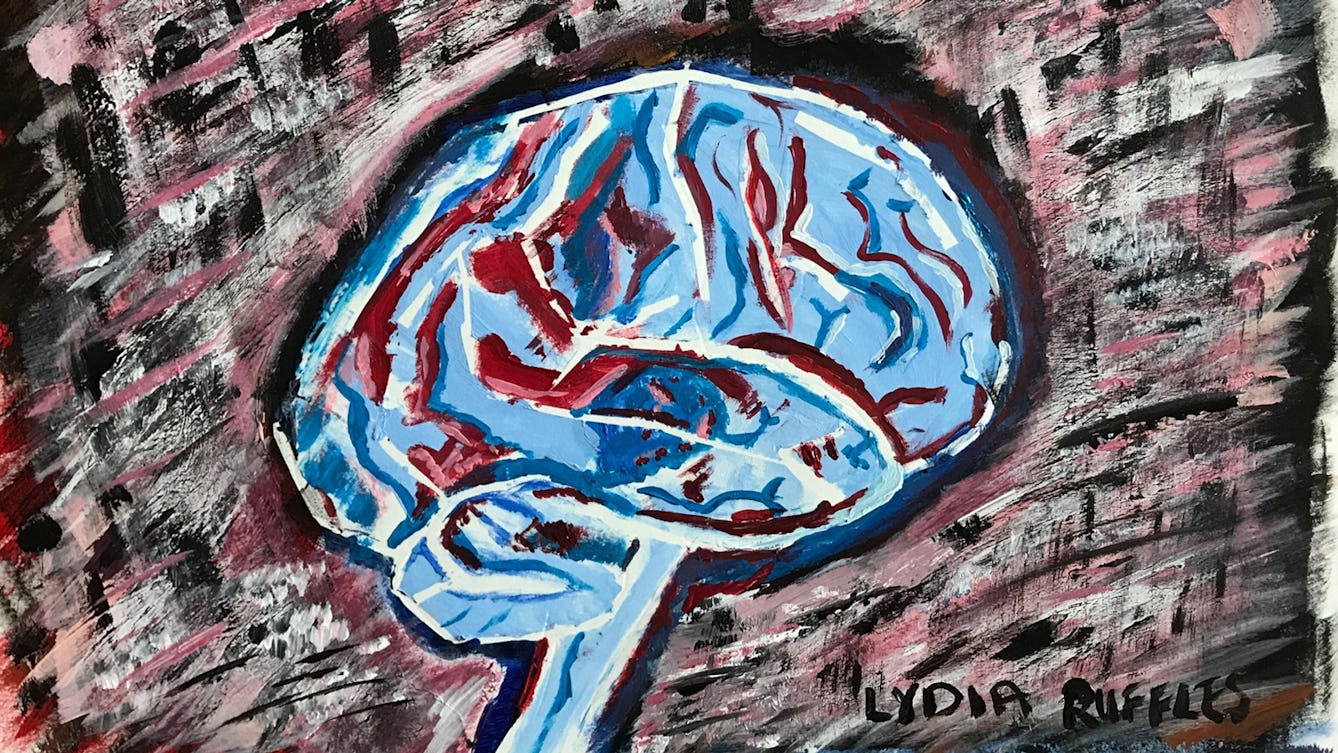
- Article
- Article
Migraine, creativity and me
Novelist Lydia Ruffles explores how migraine has made her mind stretch, shrink, widen and change, and how it’s influenced her art.

- Article
- Article
Designing death in the virtual city
Danger and death are fun when they’re virtual – and when they incorporate realistic elements. Now the tables are turned, as urban planners learn from game environments.

- Article
- Article
Coleridge’s hypochondria
An intense focus on his own bodily sensations led poet Samuel Taylor Coleridge to self-medicate with narcotics. But this fascination also put Coleridge ahead of the medical sensibilities of his day.
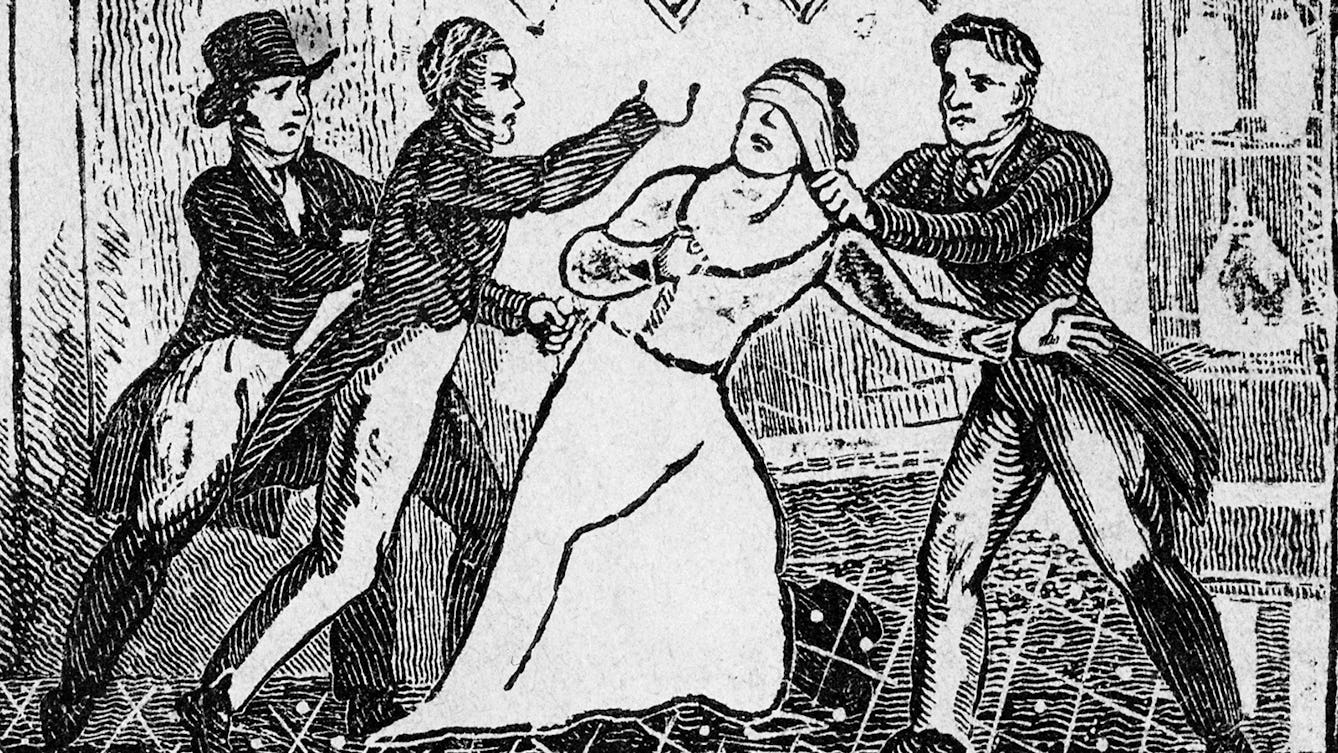
- Article
- Article
The rise and fall of a medical mesmerist
Uncover the fascinating story of the doctor who popularised hypnotism as a medical technique, and could name Dickens among his famous friends.

- Book extract
- Book extract
The 200-year search for normal people
Sarah Chaney poses the question we’ve likely all asked at some point in our lives: 'Am I normal?’, and explores whether normality even exists.

- Long read
- Long read
Healthy scepticism
Healthcare sceptics – like those opposed to Covid-19 vaccinations – often have serious, nuanced reasons for doubting medical authorities.

- Article
- Article
Guerrilla public health
From safe-use guides to needle exchange schemes, Harry Shapiro reflects on 40 years of drug harm reduction in the UK.

- Article
- Article
The unearthly children of science fiction’s Cold War
In the 1950s a new figure emerged in British novels, film and television: a disturbing young alien that revealed postwar society’s fear of the unruly power of teenagers.